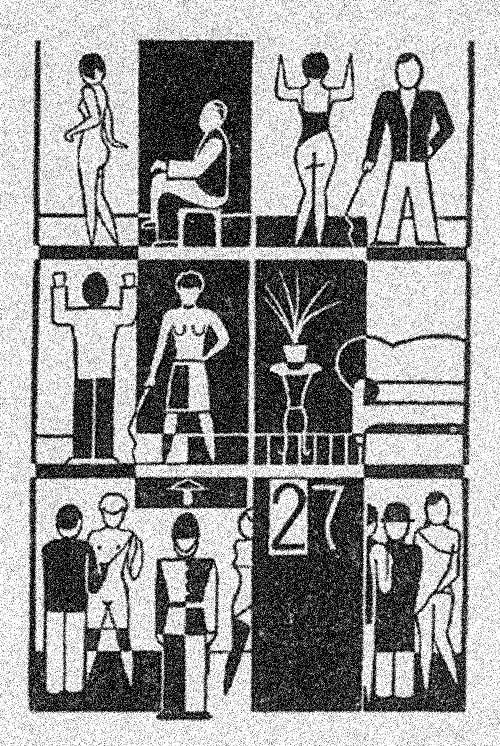Wilhelm Reich, Sex-Pol, and the Virtuous Circle of Marxism and Psychoanalysis
Wilhelm Reich's "Sex-Pol" helps us understand the ingrained obstacles to sexual and social revolution.
The Sex-Pol Agenda as a Political Program
Contemporary social behavior is shot through with ambivalence. We are descendants of the sexual revolution, as intimate as can be, but solidarity is often second to political bickering. One can’t say hello without a hug, but our social relations are determined by a constant and cutthroat competition over scraps. …




